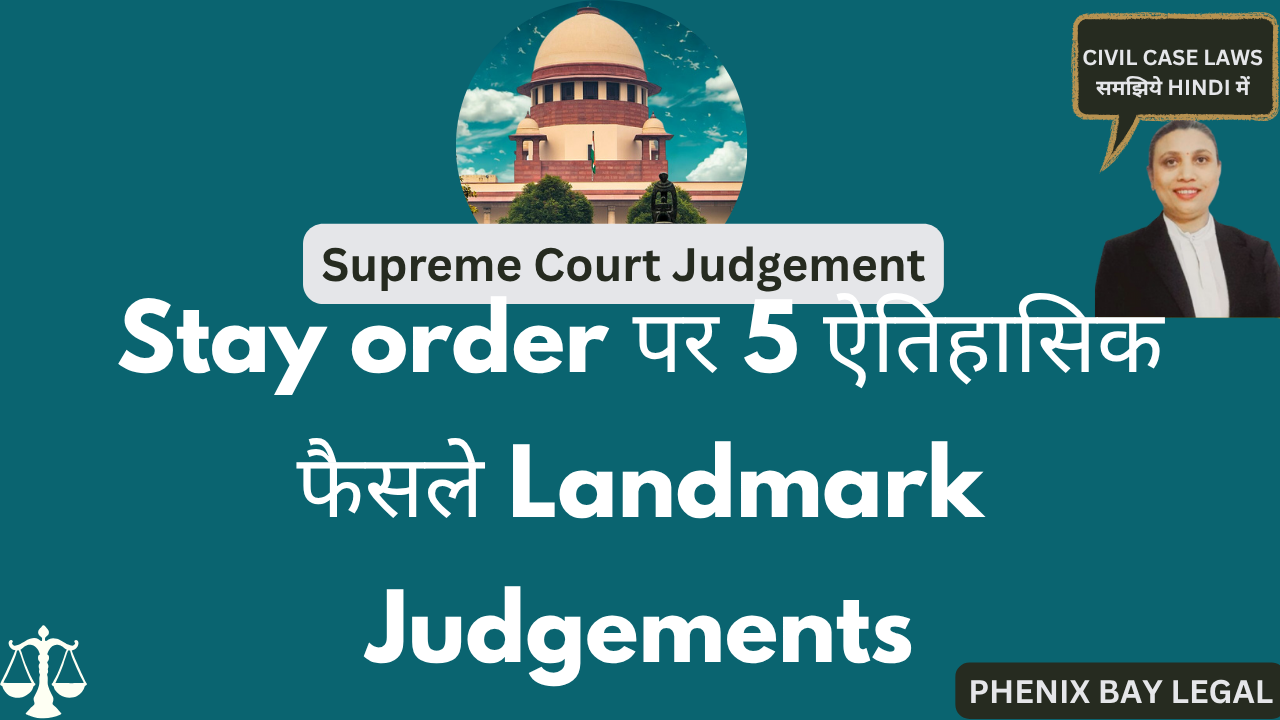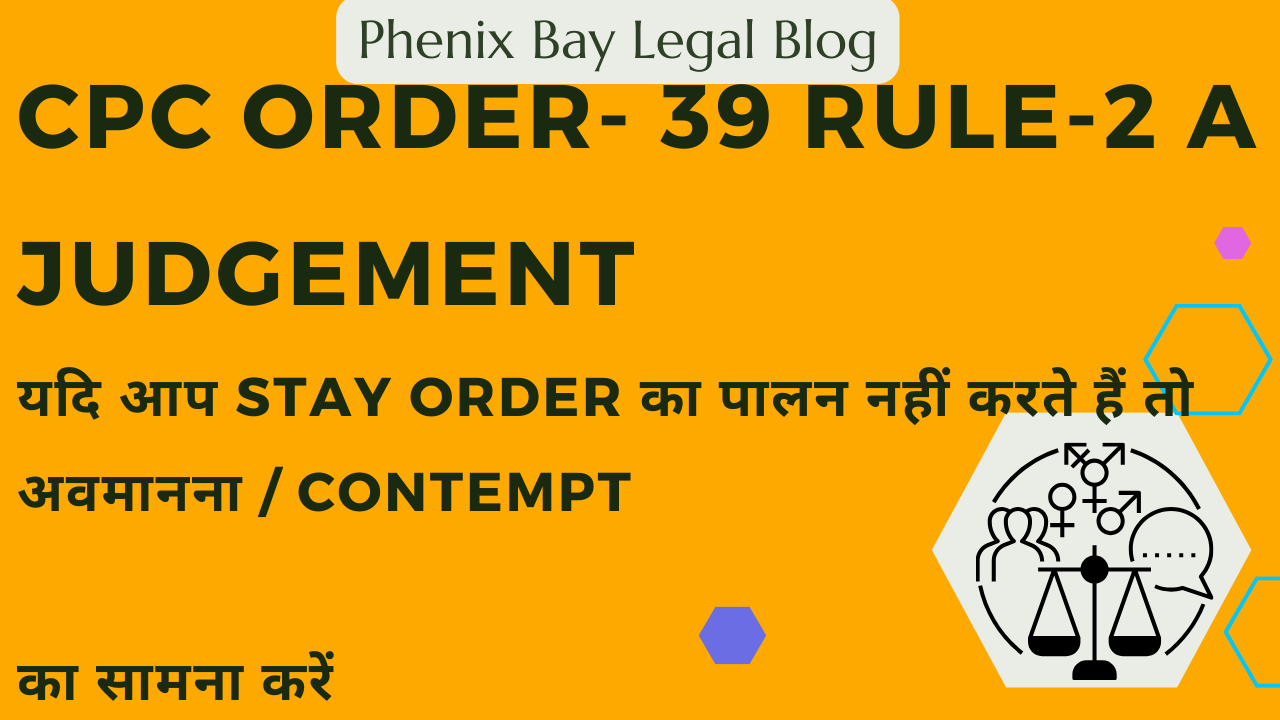
Career Mentorship Advice for Aspiring Litigation Lawyers in India: Building a Successful Path
From gaining hands-on courtroom experience to building valuable relationships within the legal profession, this journey requires strategic planning, dedication, and continuous learning. Here is an essential guide for those seeking career mentorship advice for becoming successful litigation lawyers in India.
Career Mentorship Advice for Aspiring Litigation Lawyers in India: Building a Successful Path
Choosing a career as a litigation lawyer in India offers an exciting yet challenging path. From gaining hands-on courtroom experience to building valuable relationships within the legal profession, this journey requires strategic planning, dedication, and continuous learning. Here is an essential guide for those seeking career mentorship advice for becoming successful litigation lawyers in India.
- Understanding the Role: What Does a Litigation Lawyer Do in India?
The role of a litigation lawyer in India involves representing clients in various disputes across civil, criminal, and corporate domains. Litigation lawyers often begin their journey by assisting senior lawyers in lower courts and eventually move up to high courts and the Supreme Court. Unlike corporate lawyers, litigation lawyers spend a significant amount of time in courtrooms preparing arguments, representing clients, and examining evidence.
- Foundation is Key: Educational Background and Law Internships in India
A strong educational foundation is essential for litigation lawyers. To gain the practical knowledge needed, aspiring litigators should focus on gaining experience through internships.
- Internships with Law Firms and Senior Litigators: Interning with law firms or under senior litigators gives you exposure to real cases, the opportunity to work on legal research, and experience with the procedural aspects of court practice. This experience is crucial for developing a strong base in litigation.
- Exposure to Different Types of Cases: Internships allow you to explore areas like criminal law, civil litigation, corporate disputes, and public interest litigation (PILs). By understanding the differences in each area, you can better decide your specialization.
- Skills Required to Excel as a Litigation Lawyer in India
Success in litigation requires more than theoretical knowledge. As a litigator, honing specific skills will set you apart in the field:
- Research Skills: Thorough research is essential to prepare for cases effectively. Familiarize yourself with legal databases, keep up with case law, and develop a structured approach to finding information quickly.
- Drafting Skills for Lawyers: Drafting pleadings, affidavits, petitions, and responses is an art that every litigation lawyer must master. Practice crafting concise, precise, and persuasive documents.
- Oral Advocacy: Strong public speaking skills are a must. Practicing oral arguments in moot courts or in front of peers can greatly enhance your courtroom confidence.
- Client Management Skills: Dealing with clients is a crucial part of being a lawyer. You must be able to explain legal complexities in a way clients understand and handle sensitive matters with discretion.
- Specialization: Choosing the Right Field for Your Litigation Career
Indian litigation offers diverse fields to specialize in, and finding the right niche can significantly impact your career:
- Criminal Litigation: Criminal cases involve representing clients accused of crimes or advocating for victims seeking justice.
- Civil Litigation: Handling disputes related to property, contracts, family issues, and more.
- Commercial and Corporate Litigation: Representing businesses in disputes over financial transactions, intellectual property, or business contracts.
- Public Interest Litigation (PIL): Taking up cases that address larger social issues, such as human rights, environmental law, or governance.
Exploring different fields and finding your area of interest is a crucial step in establishing a rewarding litigation career.
- The Importance of Mentorship and Networking in Litigation
Mentorship is a vital component for any litigation lawyer in India. An experienced mentor can help you navigate complex cases, share strategies, and introduce you to professional networks.
- Mentors and Senior Lawyers: Working under a mentor gives you direct insight into litigation strategies, courtroom conduct, and client management techniques.
- Peer Networking: Networking with peers can provide new perspectives and valuable support as you navigate the legal field. Peer networking, bar association events, and legal seminars offer excellent networking opportunities.
- Navigating Challenges: Patience, Persistence, and Resilience in Litigation
Building a career in litigation in India requires patience and resilience. Court procedures can be slow, and cases can drag on for years, testing a lawyer’s dedication and resolve. Challenges will arise, and staying focused on your goal is essential for long-term success.
- Learning from Setbacks: Not all cases will go in your favor, but each loss brings valuable lessons. Learn from setbacks and use them to refine your skills.
- Consistency in Preparation: A well-prepared litigator is one step ahead. Consistently review your cases, stay organized, and develop a solid preparation routine.
- Keeping Up-to-Date: The Value of Continuing Legal Education in India
The legal landscape in India is dynamic, with frequent updates to legislation and case law. Staying informed is crucial to remain competitive as a litigation lawyer.
- Attend Workshops and Seminars: Regularly attending legal workshops and seminars can help you stay current with new legal trends and enhance your skills.
- Investing in Special Certifications: To deepen expertise, consider certifications in specialized areas such as arbitration, intellectual property, or family law.
- Building a Long-Term Career in Litigation: Planning for Growth and Independence
Over time, litigation lawyers may decide to start their practice, join a law firm, or explore new fields of law. Carefully planning your growth and assessing your progress is essential for a successful career.
- Independent Practice vs. Firm Experience: Evaluate the pros and cons of independent practice versus joining a law firm. Independence offers flexibility but comes with responsibility, while firms provide a structured environment and a steady flow of cases.
- Goal Setting and Self-Assessment: Periodically set goals and assess your progress to ensure you're on track with your career objectives.
- Maintaining Work-Life Balance for a Sustainable Legal Career
A successful career in litigation can be demanding. Striking a balance between your professional and personal life will prevent burnout and help you stay motivated.
- Setting Boundaries with Clients: Manage client expectations by setting clear communication boundaries to avoid disruptions in your personal time.
- Hobbies and Relaxation: Engage in hobbies or activities outside of law to relieve stress and recharge for work.
Conclusion
A career in litigation in India is both challenging and rewarding. By building the right skills, seeking guidance from mentors, and staying committed, you can establish a thriving litigation practice. Whether representing individual clients, corporate entities, or contributing to public interest cases, each day as a litigator brings new opportunities for growth and learning. With patience, resilience, and a passion for justice, you’ll find a career path that makes a meaningful impact in the legal world.
Primary Keywords: litigation lawyer in India, career mentorship advice, career guidance for lawyers
Secondary Keywords: becoming a litigation lawyer, skills for litigation, Indian legal profession, courtroom experience, litigation career tips, law internships India, drafting skills for lawyers
- #LitigationLawyer
- #LegalCareer
- #LawyersOfIndia
- #IndianLegalProfession
- #CareerInLaw
- #LitigationCareer
- #LegalMentorship
- #LawInternships
- #CareerAdvice
- #LegalSkills
- #LawStudentsIndia
- #IndianCourts
- #LawPractice
- #LegalEducation
- #LitigationJourney
- #YoungLawyers
- #LawyerLife
- #LawyerNetworking
- #LegalIndustry
- #LawyerMentorship
- Litigation Lawyer India
- Career Mentorship for Lawyers
- Becoming a Lawyer in India
- Law Internships and Training
- Legal Skills for Litigation
- Criminal and Civil Litigation
- Career Guidance for Young Lawyers
- Specialization in Law
- Law Firm Experience vs. Independent Practice
- Work-Life Balance for Lawyers
- Continuing Legal Education
More >>

Jyoti Sharma vs. Vishnu Goyal & Anr. 2025 INSC 1099
This was a long running legal battle between a landlord and her tenants over a shop. The landlord, Jyoti Sharma, wanted her shop back for two main reasons: The tenants had stopped paying rent. She needed the shop to expand her family's business (her bonafide need).

Landmark Judgement on Injunction
In civil, commercial, or even family disputes. But when is a simple injunction suit enough? When do you need to add a declaration of title? And how do courts balance urgency vs evidence in interim relief?

Case Analysis: Stay Order Violation and Contempt of Court by Supreme Court of India
Giving an undertaking to the court is equivalent to an order of injunction—any violation invites contempt proceedings.Injunction orders remain valid until formally vacated by a court—violation before vacation can lead to punishment.

Order 7 Rule 11 of CPC Explanation in Land Mark Judgement
The Sopan Sukhdeo Sable judgment is a landmark ruling that reinforces Order 7 Rule 11 of CPC as a safeguard against frivolous and legally untenable claims. It highlights the importance of examining only the plaint’s contents to decide whether a suit should be dismissed at the threshold.

CPC Order- Order 14 to 20 Explanation IMPORTANT CASE LAWS +MCQ’S for Judiciary Exam Preparation
CPC Order- Order 14 to 20 Explanation IMPORTANT CASE LAWS +MCQ’S for Judiciary Exam Preparation

Supreme Court ImportanatJudgement - Landlord Tenant Bonafide need
This case involves a dispute over eviction of a tenant based on the bona fide need of the landlord. The Supreme Court ruled in favor of the landlord, reversing the High Court's decision. Below is a detailed breakdown of the judgment with relevant legal principles, precedents, and reasoning.